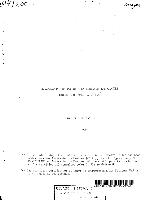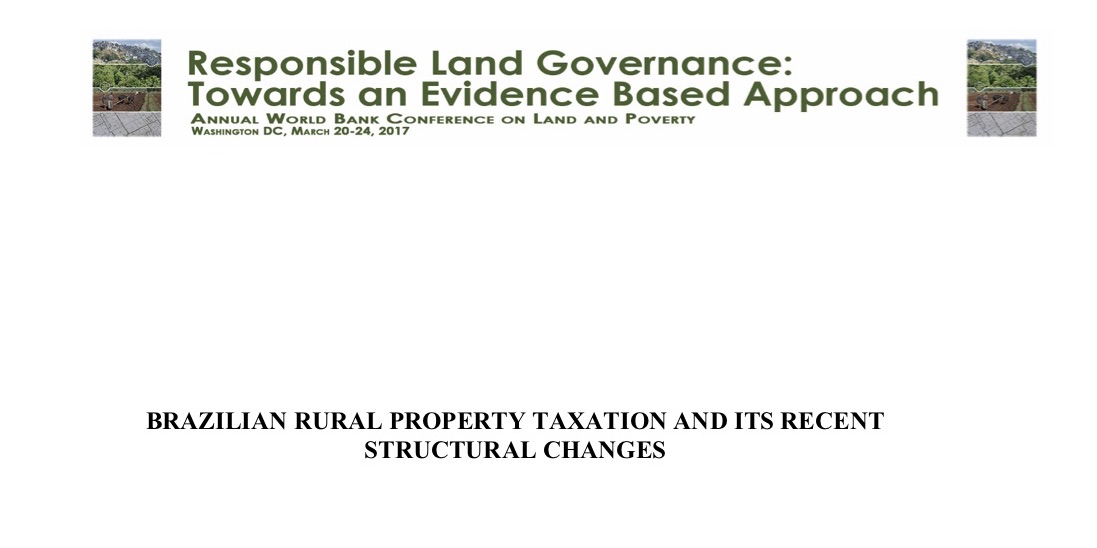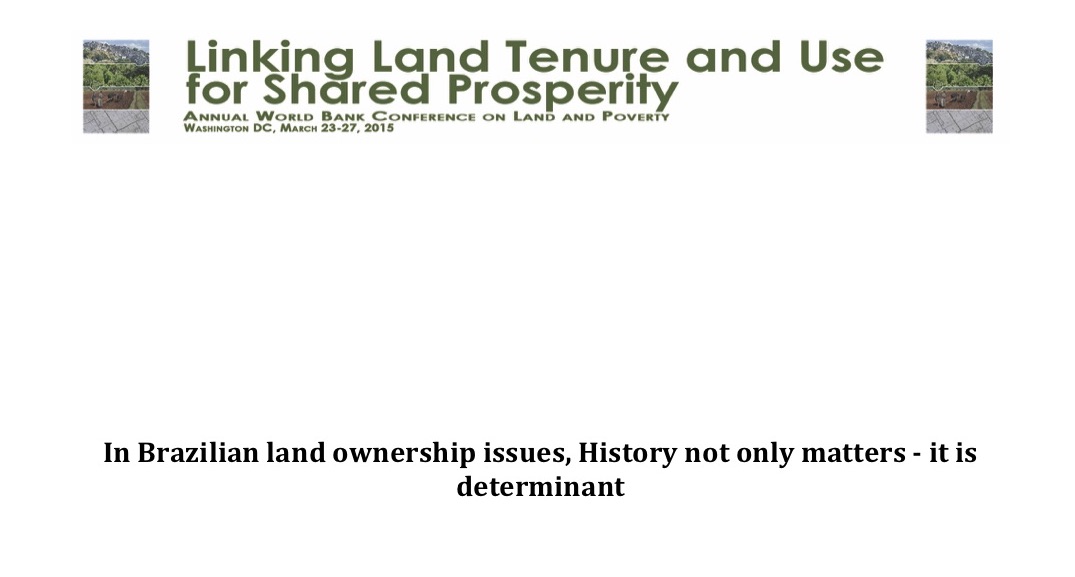How private are Europe’s private forests? A comparative property rights analysis
Private forests are widespread in Europe providing a range of ecosystem services of significant value to society, and there are calls for novel policies to enhance their provision and to face the challenges of environmental changes. Such policies need to acknowledge the importance of private forests, and importantly they need to be based on a deep understanding of how property rights held by private forest owners vary across Europe. We collected and analysed data on the content of property rights based on formal legal requirements existing in 31 European jurisdictions.







